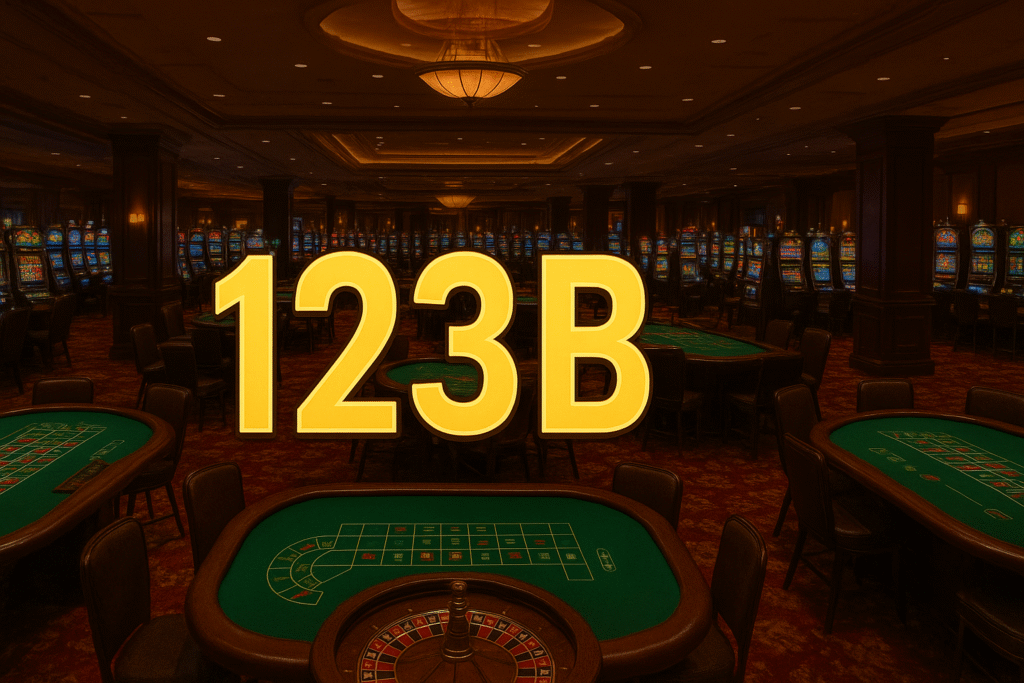
Poker is more than just a casino game—it is a global phenomenon that blends psychology, mathematics, and strategy in a way few other games can. Unlike purely luck-based games, poker requires sharp thinking, patience, and the ability to read opponents. This unique mix has made it one of the most competitive and respected games in both casinos and online platforms.
At its core, poker is about creating the best possible hand from a set of cards or convincing others that you have it. The game exists in many forms—Texas Hold’em, Omaha, Seven-Card Stud, and more—but all variations revolve around the same principles of betting, bluffing, and outmaneuvering opponents. This versatility ensures that poker never loses its appeal, as players can always find a format that matches their style.
One of poker’s defining features is the concept of bluffing. Unlike roulette or slots, where outcomes are determined by chance, poker allows players to influence the game through psychology. A skilled player can win hands even with weak cards by convincing others to fold. This element of deception adds layers of excitement and strategy, making every round unique.
Mathematics also plays a major role in poker. Understanding probabilities, odds, and pot calculations is essential for long-term success. Professional players often rely on statistics to guide their decisions, weighing risks against potential rewards. Over time, this mix of analytical thinking and psychological skill sets poker apart from other casino games.
Poker’s social element is equally important. Sitting at a table, players engage in subtle battles of wit and observation. Reading body language, betting patterns, and emotional cues can make the difference between winning and losing. This human element has made poker not just a game, but a sport that thrives in tournaments and competitions around the world.
The digital revolution has taken poker to new heights. Online platforms allow players to join tables at any time, from anywhere. Tournaments with large prize pools attract players globally, creating a thriving competitive scene. Online poker also introduces features like multi-tabling, chat functions, and tracking tools that enhance the experience for both casual and professional players.
For those exploring online poker, platforms such as 123B provide a secure and engaging environment. With smooth gameplay, a variety of poker formats, and fair competition, it caters to both beginners learning the basics and seasoned veterans honing their strategies.
Conclusion
Poker is not just about luck—it’s a test of intelligence, patience, and psychological skill. Its combination of strategy and social interaction has earned it a place as one of the most respected and thrilling casino games. Whether played in glamorous live tournaments or in the comfort of home online, poker continues to challenge and entertain players around the world.